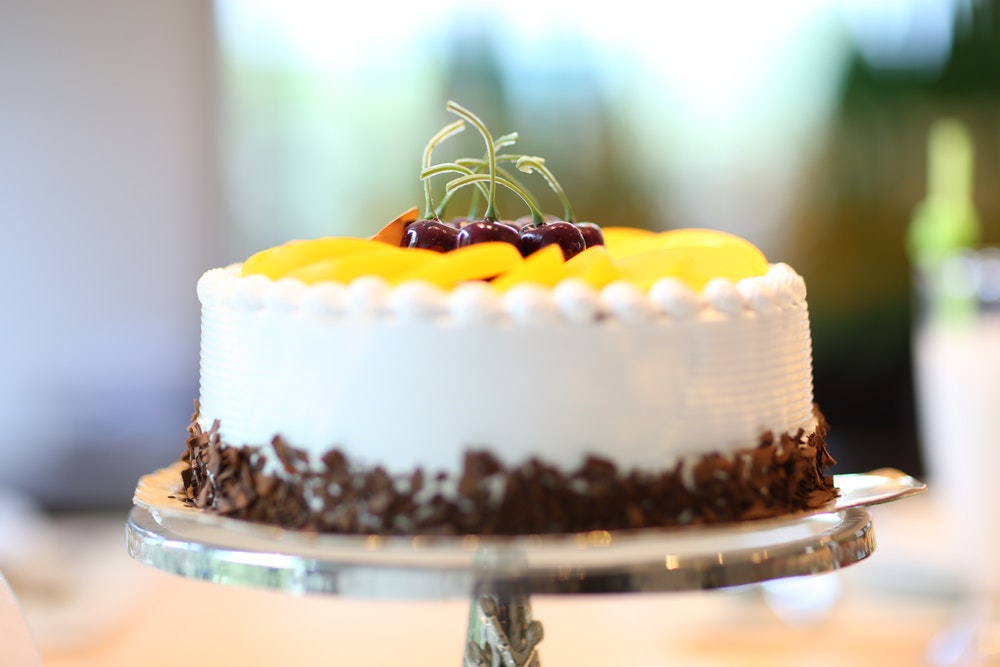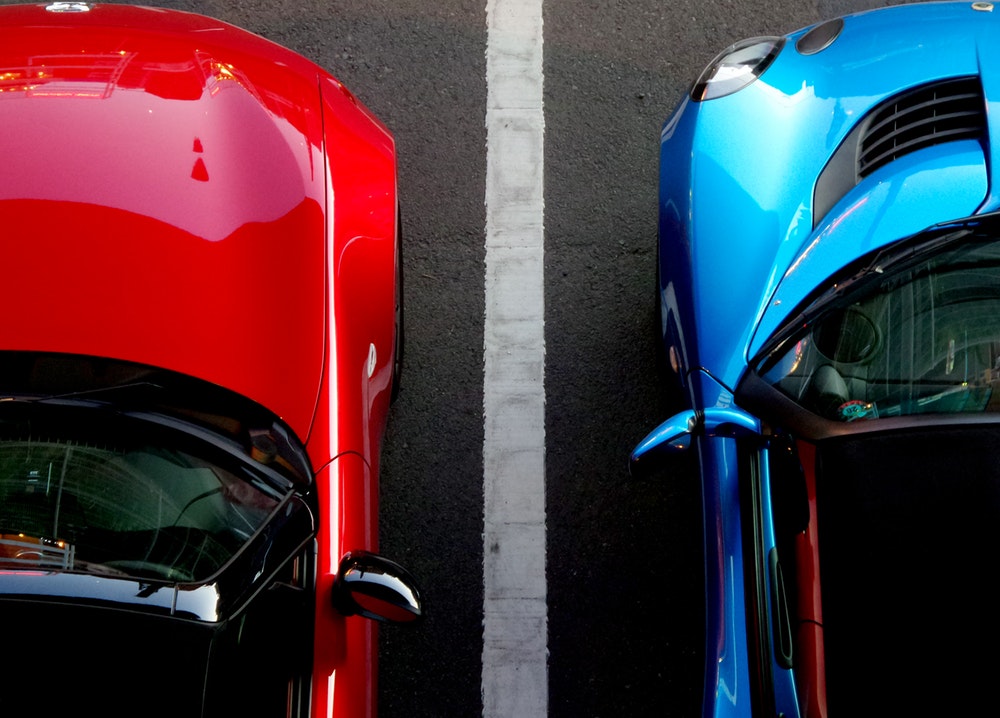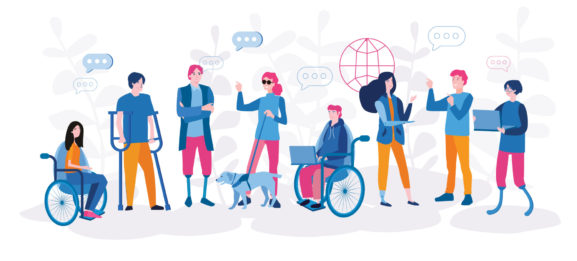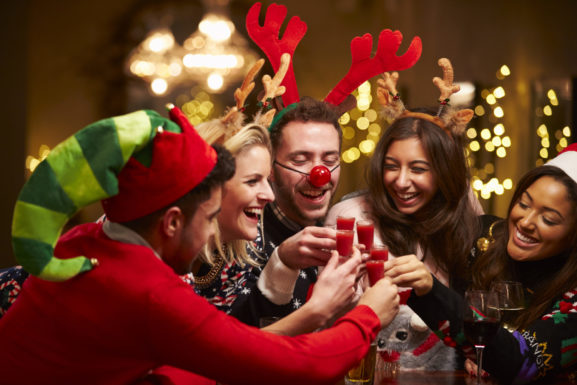How many canapes should I order? Your top 10 event planning questions answered
How many canapés should I order? What if it rains? Do I need to bring my own HDMI cable?
Remember: the only stupid question is the one you don’t ask.
Whether you’re a novice event planner or a seasoned veteran, you’ll always have questions. Save time with this handy checklist of the ten questions our Conferences & events team hear most often.
How many canapés should I order?
For a one-hour drinks reception, order four to six canapés per person. If it’s before a grand dinner, four should be plenty. For longer events, add another two to four pieces per hour.
Savoury canapés are always more popular; if you’re serving savoury and sweet, aim for a ratio of around 4:1.

How much will people drink?
At evening events, it’s standard to provide three glasses of wine per guest. For all-day events and weddings, plan for one glass per hour of service.
To help your calculations, a standard bottle (75cl) of wine yields five glasses. Sparkling wine and Champagne yield seven glasses per bottle.
Be sure to offer plenty of soft drinks and water too.
Can I bring my own food?
This will depend on the venue – but most will make catering part of the venue package. This is for practical reasons: they’ll have an established relationship with local suppliers, and familiarity with the kitchen facilities. Their experience is essential, especially in unique and historic venues; you don’t want an external caterer to arrive and discover their equipment doesn’t fit in the lift. It also means you benefit from a caterer used to managing parties of your scale on a regular basis.
One exception that’s often made is for special occasions like birthdays, where a cake is often prepared off-site by a professional.

If the event starts at 6.30pm, what time will people actually arrive?
Perfectly punctual, or fashionably late? Expect a slow start, but door and cloakroom staff should be in place to welcome guests who are a little early. Between 6.45 and 7pm will be the busiest time.
One key point: dining guests at larger dinners always take longer than you expect to get seated. Leave a minimum of 15 to 25 minutes between calling guests through to be seated and the start of service.
What if it rains?
Outdoor events can fall victim to the British weather even in high summer. A heatwave can cause just as many issues – so build some weatherproofing into your event from the off. Ensure there are buildings or marquees to accommodate a good portion of your guests indoors, regardless of the weather. Find out in advance what wet weather contingency options are available from your venue, from extra seating to additional rooms for a fee.
If the forecast is really wet, stay in touch with guests. Change the dress code, offer cosy blankets, ask everyone to bring a spare brolly: they’ll appreciate you keeping them informed. Offer hot drinks, too: mulled wine, hot chocolate or a simple cup of tea can really lift damp spirits.

How early do I need to confirm catering numbers and choices?
As early as possible.
Catering deadlines exist for a reason. Sourcing fresh ingredients, ordering wine and other drinks, even the size of a fresh bread roll order: these all take forward planning. Bear in mind that waiting staff, table plans and clean up will also be impacted by significant changes in your numbers.
However, every good venue knows that flexibility is needed to make an event run smoothly. While 3 working days is a common cut off for final details (7 days for large-scale fine dining), if you need to make changes after the agreed deadline, let the venue know at once. Regular and honest communication really helps.
Where can I park?
Chances are, this will be the question your attendees will ask most often – so you really need to know the answer.
Venues will know their parking capacity, and nearest options if they don’t have their own parking. Make sure you have clear directions to share with guests, as well as any special arrangements like parking passes, registered number plates and charges. It’s worth driving to the venue yourself to see how easy it is to find; you can always request additional signage for your event.
If you don’t have exclusive access to the venue, be realistic. It’s better to set up overflow parking, provide an alternative parking option, or set up transport from a hub than start the day with disappointed drivers.
Finally, most venues have conveniently-placed parking for people with disabilities. If you have Blue Badge holders attending, ask about reserving them a space.

What time should I arrive at the venue to set up?
This one really will depend on the type of event – but it matters. Venue coordinators need a complete timetable for the day, including every element of the setup: chairs and tables, decoration, when external suppliers arrive, and when additional staff are expected. That way if anything’s off-schedule, it’s immediately obvious – and you have the opportunity to fix it so your guests never know.
Even if you have exclusive use of the venue on event day, make sure you know when they’re expecting you: you may not be able to access the venue before that time. Bear in mind specialist event equipment – like AV, props and other large items – may need to access via a special entrance, and have a risk assessment completed.
Do I need to bring my own VGA or HDMI cable?
If your event uses AV facilities like video or presentations, you want to avoid technical hitches.
Most venues designed for conferences and events are AV-ready, and may even have their own specialist team to manage everything for you – like we do here at the University of Birmingham’s Conferences & events service. For smaller, boutique venues, it’s worth asking to make sure.

How long after the bar closes will everyone leave?
It’s better to think about this question the other way around: what time do you want your evening event to end? Stop serving 30 minutes before your official end time. If there’s music or entertainment, this should finish then too.
If you’re keen to ensure everyone leaves in a timely way, speak with staff beforehand to arrange turning the main lights on to signal the end of the evening. It’s also useful to arrange taxis and make local cab numbers available, especially if you’re in an area not served by Uber and your guests are accustomed to using it.


